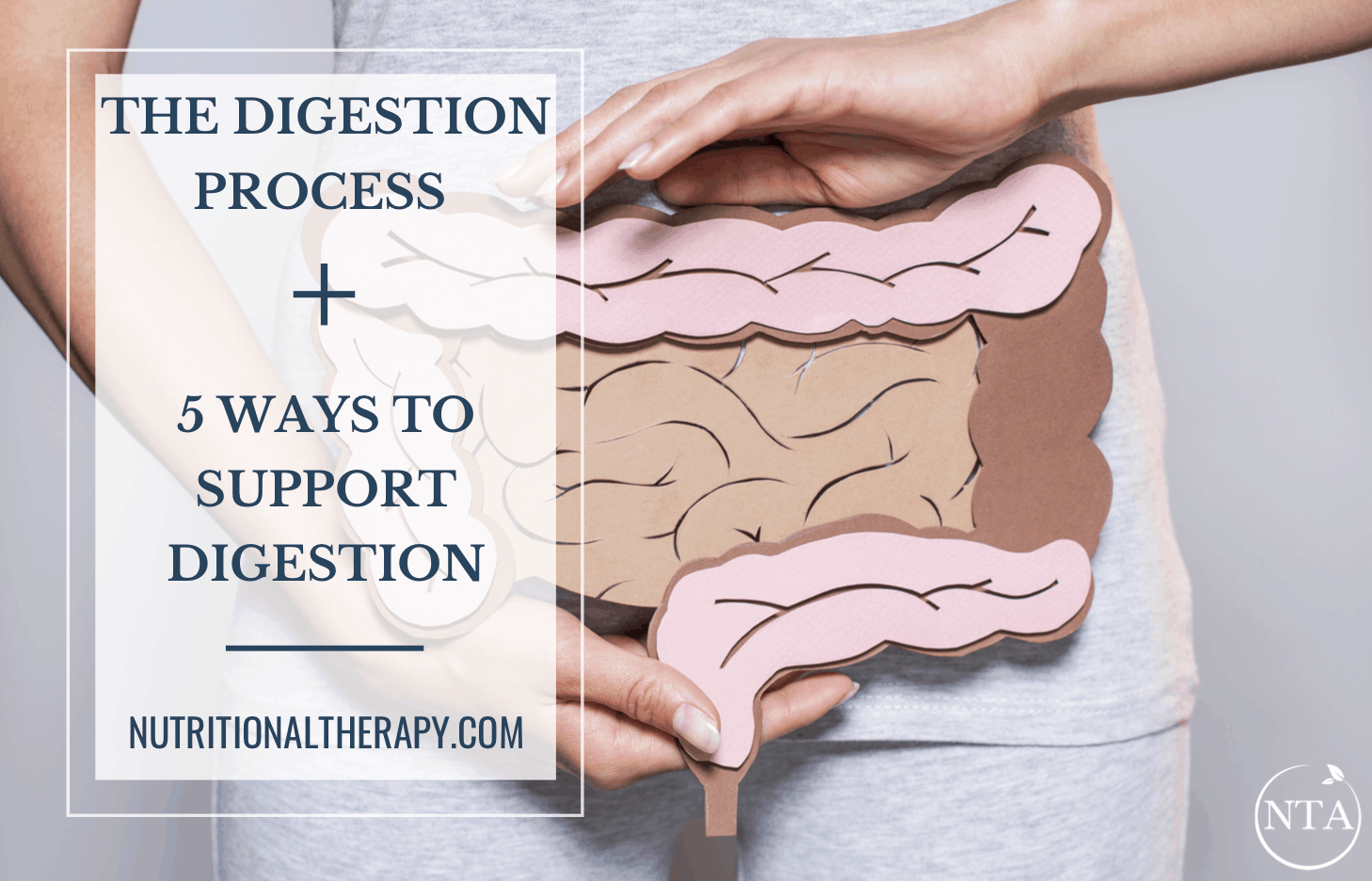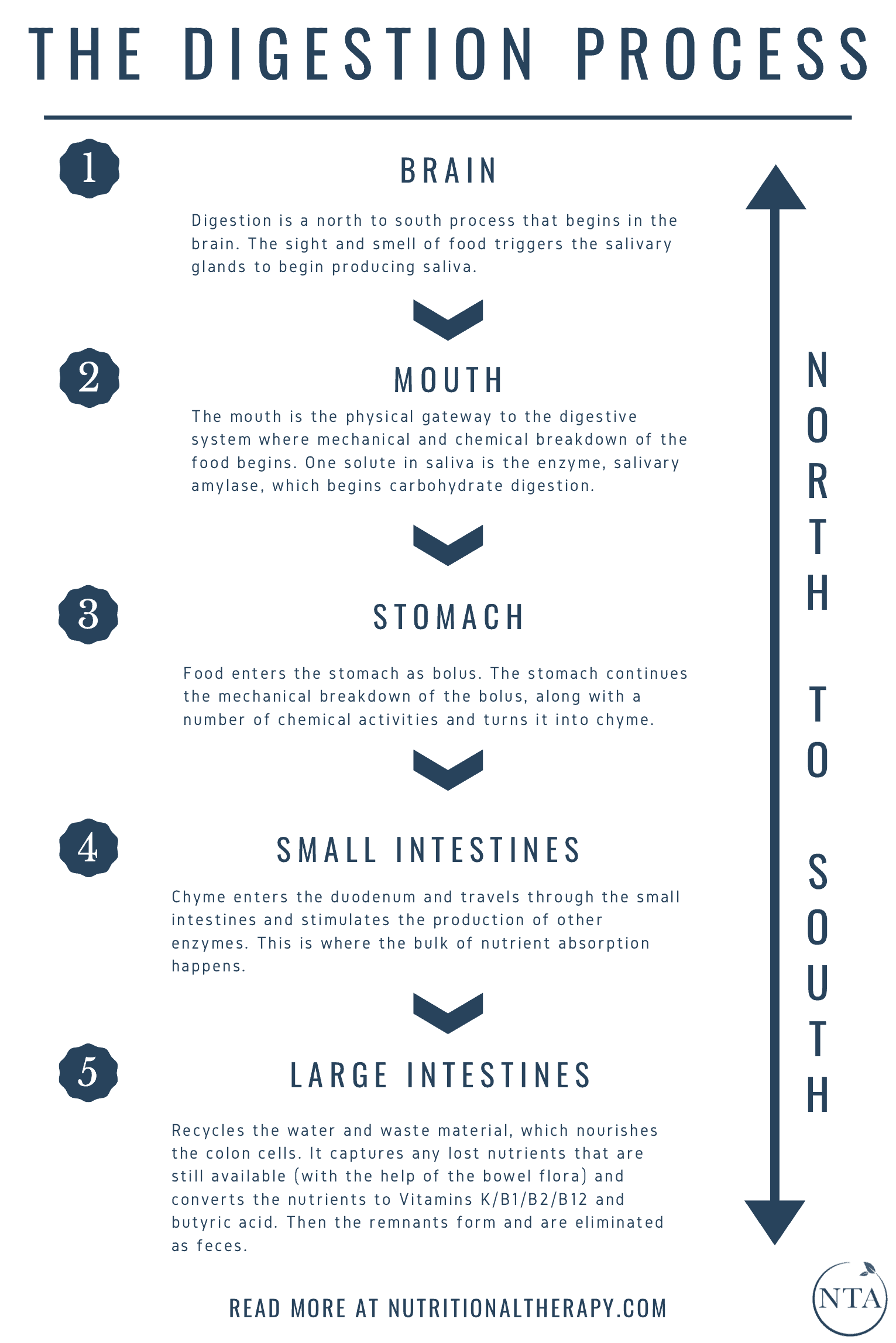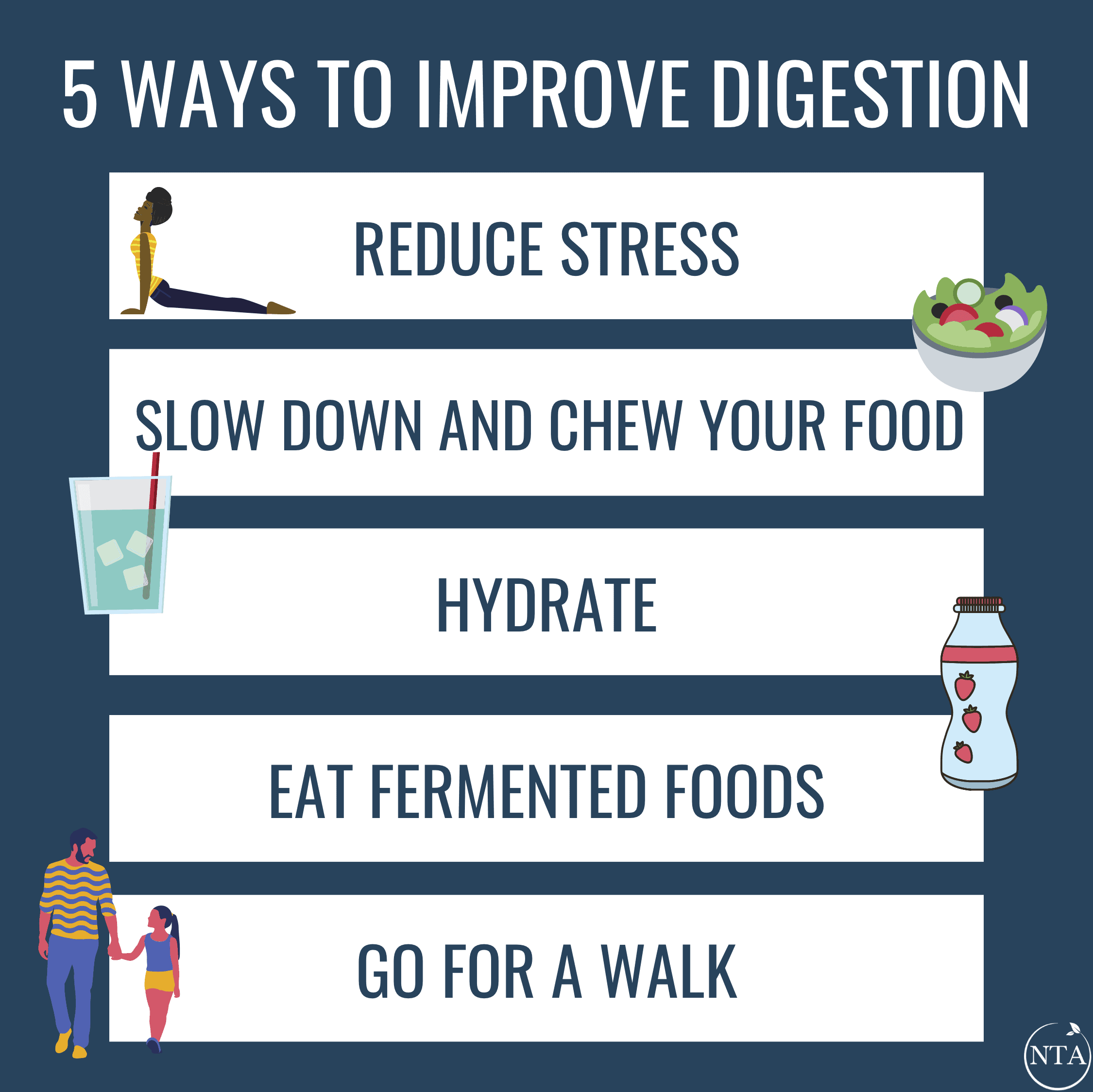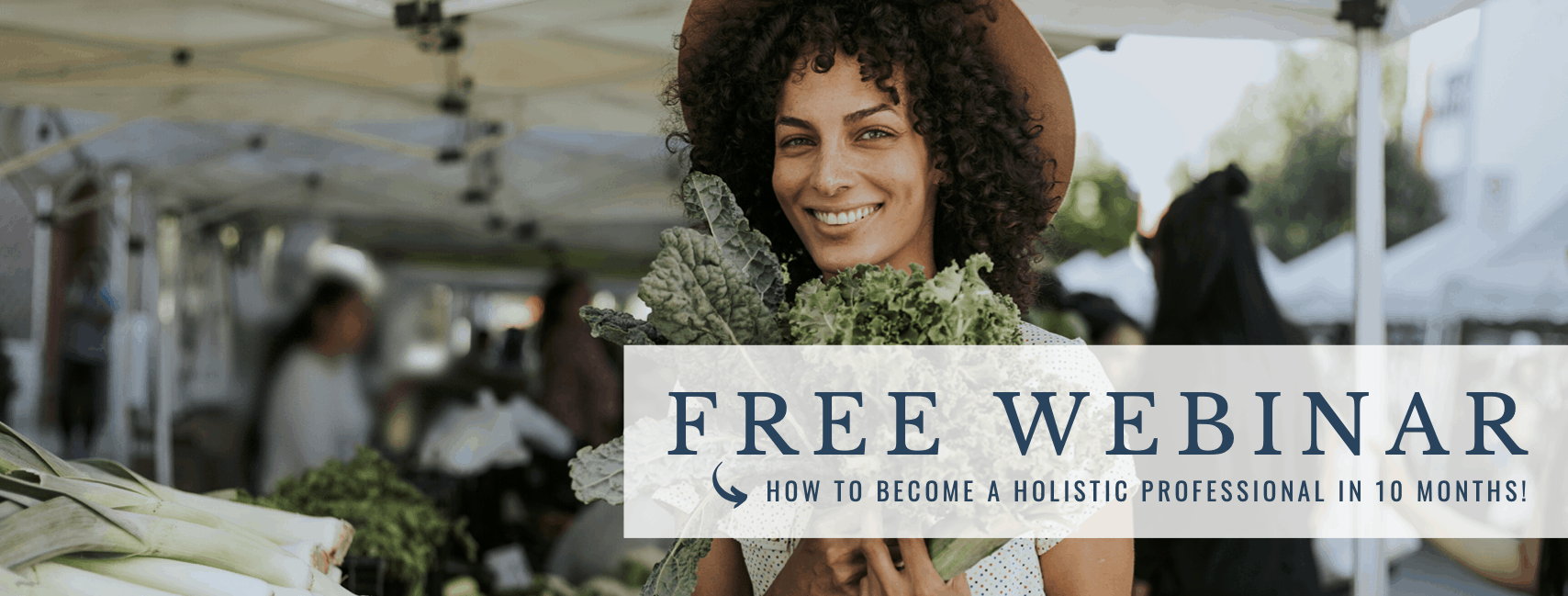Blog
The Digestion Process + 5 Ways to Improve Digestion


Every cell that makes up every tissue that makes up every organ depends on the body’s digestive system to provide the nutrients it needs to keep on functioning. Digestion is the mechanical and chemical breakdown of food. The goal of the digestion process is to reduce food to molecules so small that the nutrients can be absorbed and used by the cells and turned into fuel for the body, otherwise known as, Adenosine Triphosphate (ATP).
If food is the source of life, why do we suffer from so many digestive dysfunctions like, heartburn, indigestion, slow digestion, diarrhea, constipation, gas, bloating, etc? In this post we will uncover the digestion process so that you can understand how to better support yourself and others to fully absorb the nutrients that are being consumed.
What is the Digestion Process?
Picture this, you feel the grumbling in your stomach and your mouth begins to salivate. You choose your meal based off a craving and then you eat until satiated. So, what happens once you consume the food you eat? What is the digestion process, where does it start, and where does it end?
- Brain: Digestion is a north to south process that begins in the brain. The sight and smell of food triggers the salivary glands to begin producing saliva.
- Mouth: The mouth is the physical gateway to the digestive system where mechanical and chemical breakdown of the food begins. One solute in saliva is the enzyme, salivary amylase, which begins carbohydrate digestion.
- Stomach: Food enters the stomach as bolus. The stomach continues the mechanical breakdown of the bolus, along with a number of chemical activities and turns it into chyme.
- Small Intestine: Chyme enters the duodenum and travels through the small intestines and stimulates the production of other enzymes. This is where the bulk of nutrient absorption happens.
- Large Intestine: Recycles the water and waste material, which nourishes the colon cells. It captures any lost nutrients that are still available (with the help of the bowel flora) and converts the nutrients to Vitamins K/B1/B2/B12 and butyric acid. Then the remnants form and are eliminated as feces.

The Digestive System Organs
The brain, mouth, stomach, small intestines, and large intestines are all involved in the digestive system. But, what about the other assisting digestive system organs?
- Pancreas – produces pancreatic juices and enzymes to further digestion.
- Gallbladder – stimulated by Cholecystokinin (CCK) to produce bile for the liver to distribute.
- Liver – the digestion function of the liver is to secrete bile into the digestive tract to break down fats.
Most Common Digestive Diseases and Disorders
Some common digestive diseases and disorders are Crohn’s, Celiac, Ulcerative Colitis, Leaky Gut, SIBO, Candida Overgrowth, GERD, Acid Reflux and Heartburn, etc.
There can be many factors that contribute to developing one of these diseases or disorders. For example, Chris Kresser suggest that dysbiosis, environmental toxins, and diet all play a role.
5 Ways to Improve Digestion
Now that you can see why digestion is important, let’s talk about how to improve digestion and potentially prevent digestive diseases and disorders.
- Reduce stress – Digestion occurs under parasympathetic control. Avoid fight-or-flight hormones like, epinephrine (adrenaline) and norepinephrine (noradrenaline), which prevent digestion.
- Slow down and chew your food – This is very important! Eat meals slowly and chew food thoroughly in order to break down carbohydrates and activate other enzymes before moving onto the next stage in digestion.
- Hydrate – It is important to stay adequately hydrated throughout the day, so that your body can properly transport nutrients through your digestive tract. Limit liquids at mealtime to avoid diluting the gastric juices.
- Eat fermented foods – Fermented foods increase bioavailable nutrients and are easier to digest. Consuming fermented foods have also been shown to reduce phytic acid, an anti-nutrient according to a study on food grains.
- Go for a walk – Movement is important not only for reducing stress but also for stimulating the natural inflammation and muscle contractions necessary for digestion. If you suffer from slow digestion, a 15 minute walk after each meal would be a great way to improves digestion.

Additionally, here is an informational video on the digestion process for visual learners.

Join us for a Live Webinar with one of our Instructors and Admissions Advisors!
During this call, you’ll explore and learn:
- How to create a rewarding career in holistic nutrition that will give you the confidence and competence to replace your full-time income (whether you’re new to nutrition or or using it to enhance your current services)
- How our unmatched education and instructor support sets our NTP program apart from other nutrition programs
- How graduates are successfully using their education and the many career opportunities available to you
- If the NTP program is the right fit for you an

